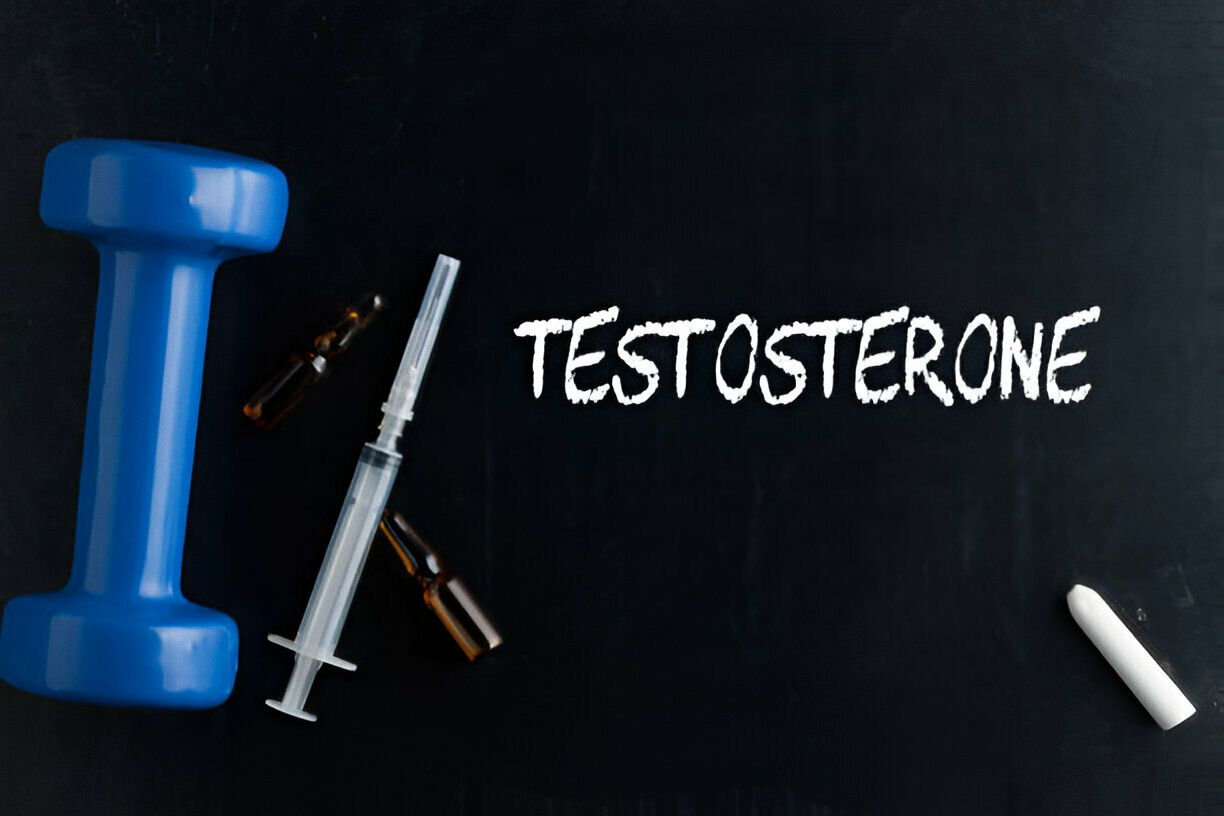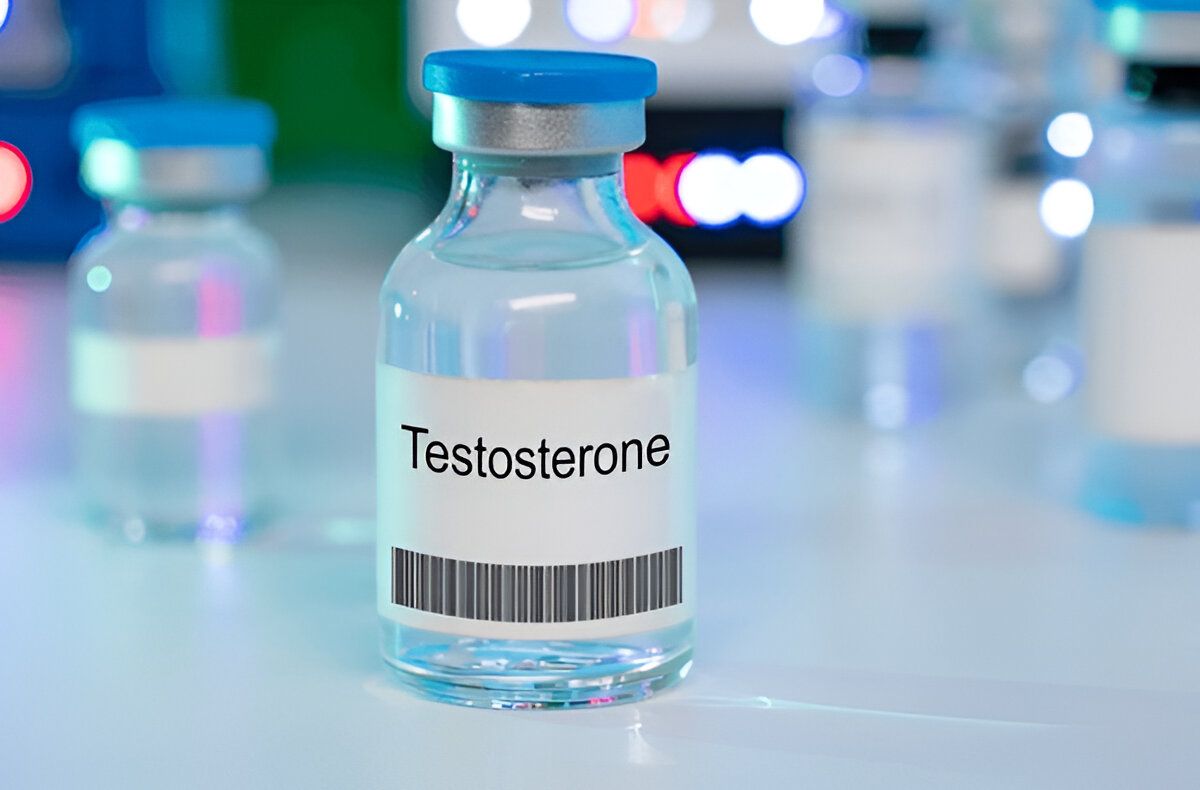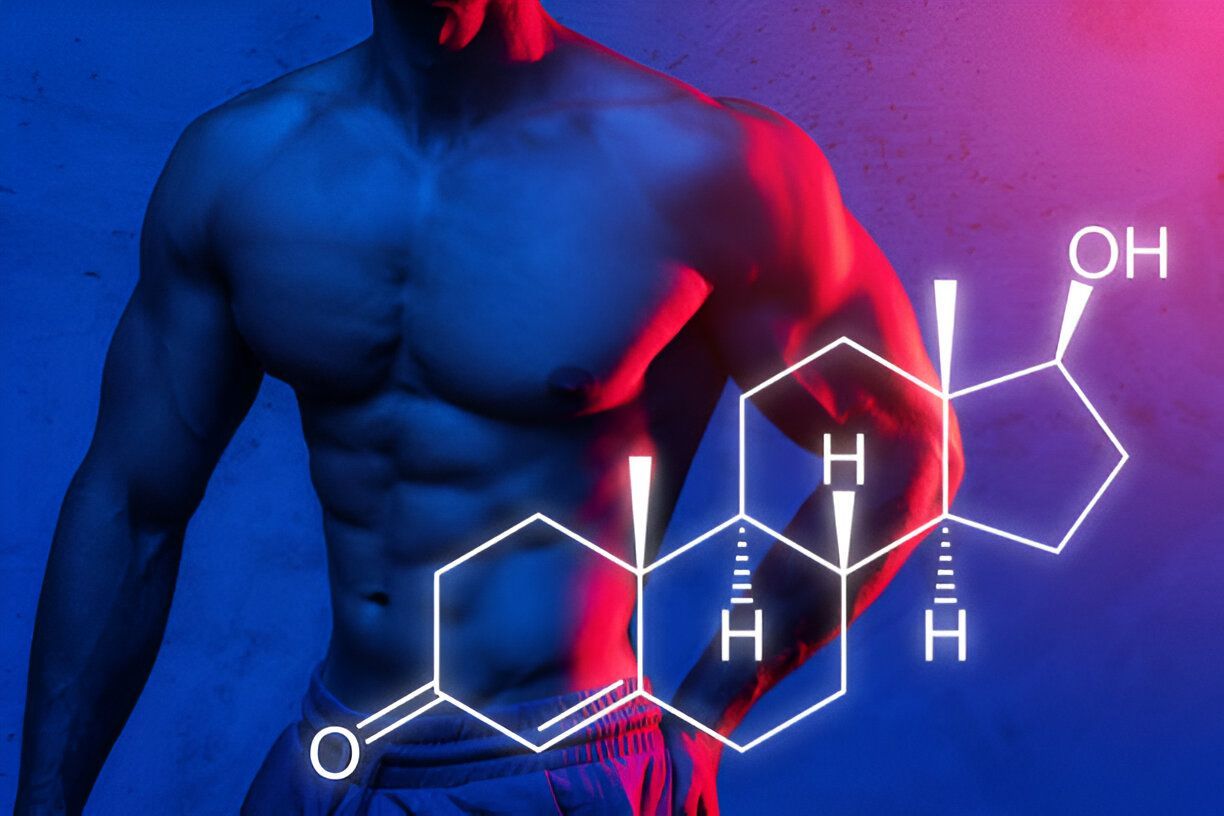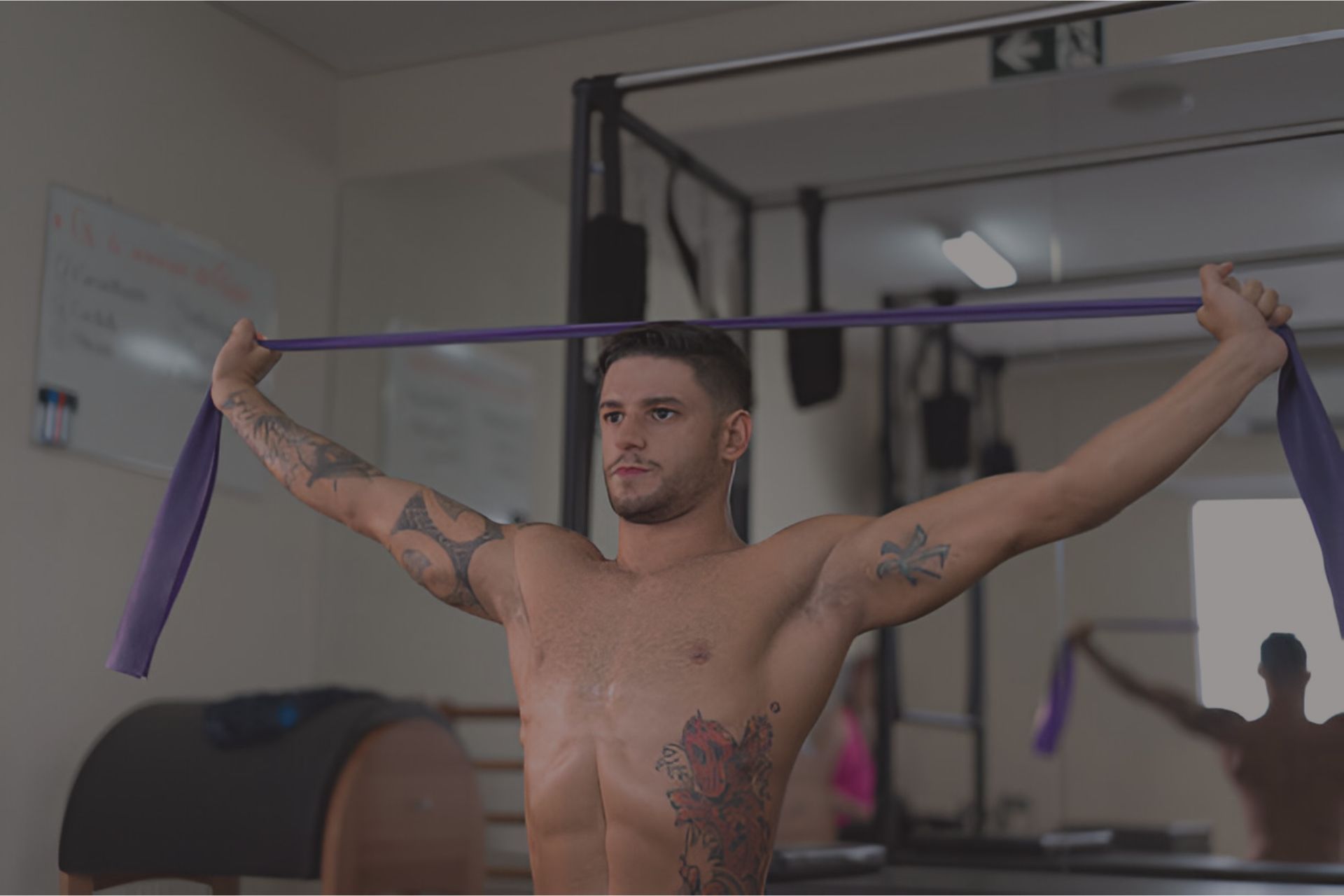How Long Does It Take for TRT to Start Working?
Testosterone Replacement Therapy (TRT) is a common treatment for men with low testosterone levels. One of the most frequent questions men ask when considering TRT is how long it will take to see results. While every person is different, there is a general timeline for when you can expect to experience the benefits of TRT. In this blog, we’ll explore the factors that influence how long it takes for TRT to start working and what improvements you can expect along the way.

What is Testosterone Replacement Therapy (TRT)?
Testosterone Replacement Therapy (TRT) involves the administration of synthetic testosterone to bring hormone levels back to normal. TRT can help alleviate symptoms of low testosterone, such as fatigue, decreased libido, loss of muscle mass, and mood swings. It is available in several forms, including injections, topical gels, patches, and implants.
How Does TRT Work?
Testosterone is an essential hormone for male health. It helps maintain muscle mass, bone density, sexual function, and overall vitality. When testosterone levels decline, the body experiences several symptoms, including reduced energy, low libido, and mental fog. TRT aims to restore these levels, allowing the body to regain its natural balance.
TRT works by introducing testosterone into the bloodstream. Depending on the method used, testosterone is either injected into the body, absorbed through the skin, or implanted under the skin. The body then processes the testosterone, and the hormone begins to work in the systems that require it.
When Will You Start to Feel Better?
While the timeline for TRT varies from person to person, there are some general milestones that most men can expect to experience:
Week 1-2: Early Effects
In the first few weeks of TRT, many men report an improvement in energy levels and a reduction in fatigue. While it may not be dramatic, you may start to feel a little more motivated and less tired throughout the day. It’s important to note that early improvements are often subtle, and it may take longer to see more significant changes.
Week 3-4: Improved Mood and Mental Clarity
As testosterone levels rise, many men begin to notice an improvement in mood and mental clarity. Symptoms such as irritability, anxiety, and depression can begin to improve as the body adjusts to higher testosterone levels. Cognitive function, including focus and memory, may also improve during this time.
Month 1-2: Enhanced Libido and Sexual Function
One of the most noticeable benefits of TRT is the improvement in libido and sexual function. Many men report an increase in sexual desire and a better ability to maintain an erection after the first month or two of treatment. This improvement may take longer for some men, depending on their individual response to therapy.
Month 3-6: Muscle Mass and Strength
TRT begins to have a noticeable impact on muscle mass and strength after a few months of treatment. Testosterone plays a crucial role in building and maintaining muscle, and as levels increase, men often experience enhanced strength and improved muscle tone. You may also notice a decrease in body fat, particularly in the abdominal region, as testosterone helps regulate fat distribution.
Month 6-12: Long-Term Benefits
For many men, the full benefits of TRT can take up to 6-12 months to be fully realized. By this point, you should see substantial improvements in energy, mood, sexual health, muscle mass, and overall quality of life. Some men may even notice an improvement in bone density, as testosterone helps maintain strong bones.
Factors That Affect How Quickly TRT Works

Age
Younger men may experience faster results from TRT than older men. As men age, their bodies may take longer to respond to hormone therapy due to natural changes in metabolism and health.
Severity of Low Testosterone
The more severe the testosterone deficiency, the more dramatic and quicker the improvements will typically be. If your testosterone levels are very low, you may experience faster improvements in mood, energy, and libido once therapy begins.
Type of TRT Treatment
The method of TRT you choose can also influence how quickly you see results. Injections, for example, tend to provide faster absorption and quicker results than topical gels or patches. However, the exact timeline varies depending on the individual.
Overall Health and Lifestyle
Your overall health and lifestyle habits can also impact how quickly TRT works. Men who maintain a healthy diet, exercise regularly, and get enough sleep tend to experience quicker and more significant improvements from TRT. On the other hand, unhealthy habits such as poor diet, lack of exercise, and chronic stress can delay the benefits of therapy.
When Should You Be Concerned?
While TRT can take time to show full results, it’s important to monitor your progress and communicate with your healthcare provider if you’re not seeing any improvement after several months of treatment. If you don’t experience the expected benefits, your doctor may need to adjust your TRT regimen or explore other options.
Conclusion
Testosterone Replacement Therapy is a highly effective treatment for low testosterone, but the timeline for seeing results can vary from person to person. Most men begin to experience improvements in energy, mood, and sexual health within the first few weeks, with full benefits often taking up to 6-12 months. By understanding the general timeline and the factors that affect how quickly TRT works, you can have realistic expectations and work with your healthcare provider to achieve the best possible results.









